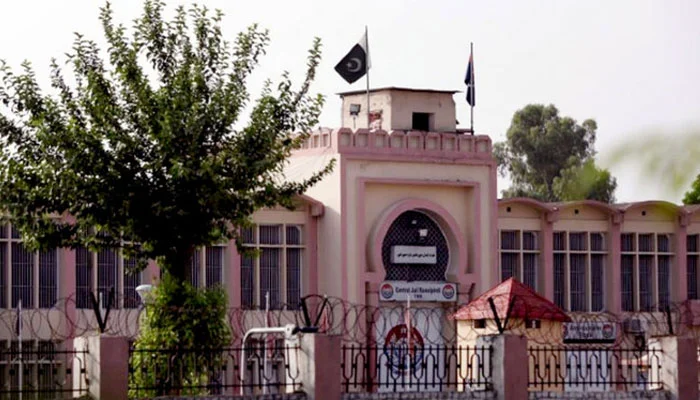In a significant ruling, the Supreme Court of Pakistan has reaffirmed citizens’ fundamental right to access information under the Right to Information Act 2017. The court’s decision came in response to a case where an appeal was made by the appellant to provide detailed information about Supreme Court employees, citing the Right to Information Act.
The Supreme Court, in its verdict, emphasized that access to information is a fundamental constitutional right of citizens, which no individual, authority, or institution can curtail without legal justification. The court underscored that this right forms the bedrock of the democratic process and ensures transparency and accountability within government institutions.
The ruling highlighted the pivotal role of the Right to Information Act 2017, which empowers citizens to access public information, thereby promoting openness, accountability, and good governance. Under the Act, every citizen has the right to request and receive information from public authorities, including the Supreme Court.
The court directed the Supreme Court’s Registrar Office to comply with the request for information and also instructed the appellant to pay the necessary court fees related to the appeal. This decision not only ensures the individual’s right to access specific information but also sets a crucial precedent regarding the broader application of the Right to Information Act.
The Supreme Court’s verdict sends a strong message regarding the significance of transparency in governmental affairs. By upholding citizens’ rights to access information, the court reaffirms its commitment to the principles of democracy and accountability. This ruling reinforces the belief that informed citizens are essential for a vibrant democracy, enabling them to hold institutions accountable and participate meaningfully in the democratic process.
The decision also underscores the importance of implementing and adhering to laws such as the Right to Information Act, which serve as essential tools in promoting transparency and combating corruption. Ultimately, this ruling not only protects an individual’s right to information but also strengthens the foundations of democracy by ensuring that governmental actions remain open to public scrutiny and oversight.



